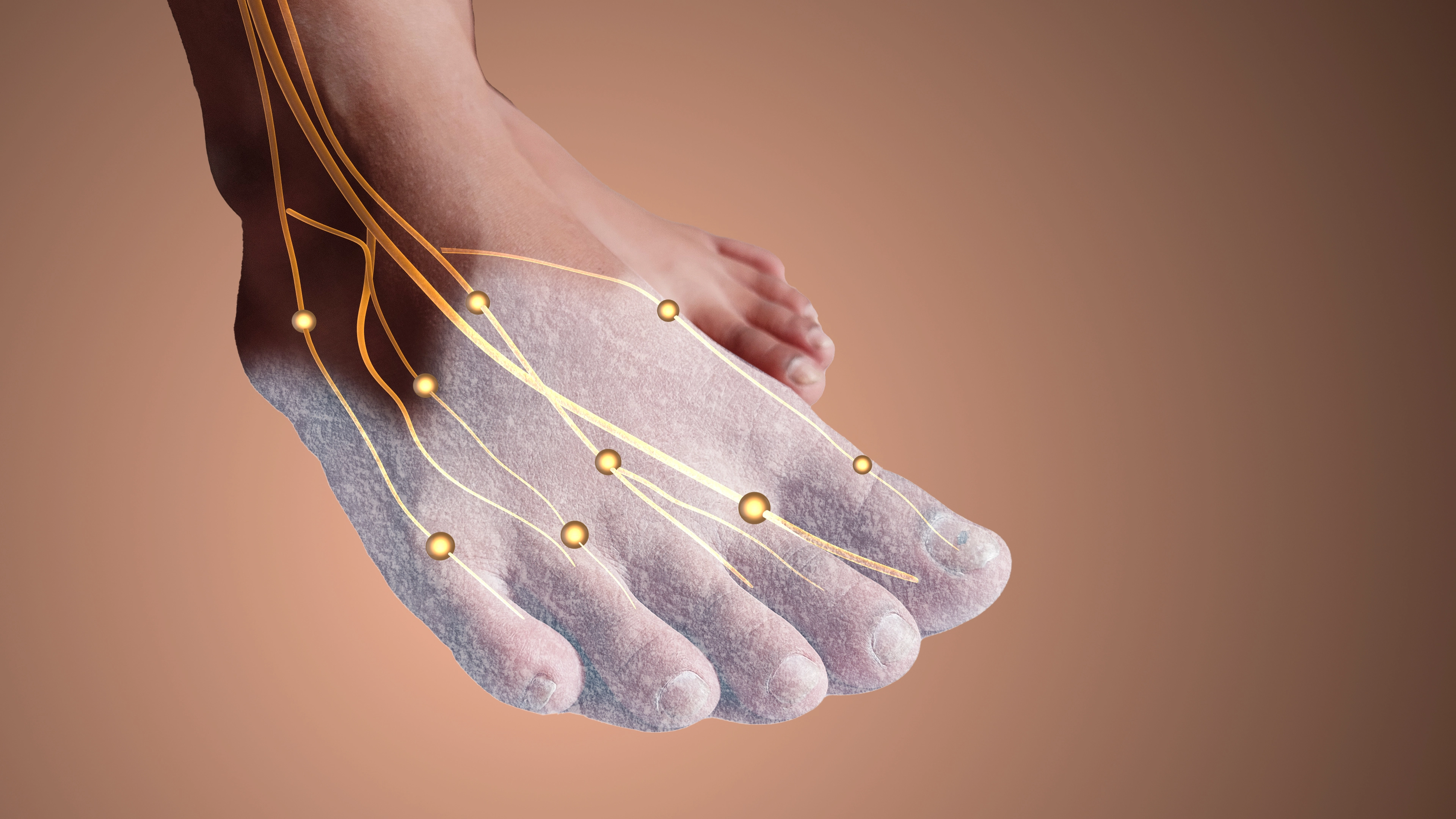


Peripheral neuropathy, a condition resulting from damage to the peripheral nerves, often causes weakness, numbness, and pain, typically in the hands and feet. This debilitating condition can stem from various causes, including diabetes, infections, and traumatic injuries. As conventional treatments sometimes fall short in providing adequate relief, many patients are turning to alternative therapies such as acupuncture.
Acupuncture, an ancient Chinese practice, involves inserting thin needles into specific points on the body. This technique is believed to stimulate the body's natural healing processes, enhance blood flow, and release endorphins, which are natural painkillers. Over the years, acupuncture has gained recognition in the Western medical community for its potential to treat a wide range of conditions, including peripheral neuropathy.
One of the primary benefits of acupuncture in managing peripheral neuropathy is its ability to alleviate pain. Studies have shown that acupuncture can significantly reduce neuropathic pain by modulating the nervous system. This modulation helps decrease the intensity of pain signals sent to the brain, providing much-needed relief to sufferers. Additionally, acupuncture promotes the release of neurotransmitters like serotonin and endorphins, which help improve mood and provide a natural pain relief mechanism.
Another significant benefit of acupuncture is the improvement of nerve function. Research suggests that acupuncture can enhance blood circulation, particularly in areas affected by neuropathy. Improved blood flow ensures that nerves receive essential nutrients and oxygen, promoting nerve repair and regeneration. This can lead to a reduction in symptoms such as tingling, numbness, and muscle weakness.
Acupuncture also offers a holistic approach to treating peripheral neuropathy. Unlike conventional treatments that often focus solely on symptom management, acupuncture aims to address the underlying causes of neuropathy. By restoring balance within the body's energy systems, acupuncture can enhance overall health and well-being, potentially preventing the progression of neuropathy and reducing the risk of complications.
Patients undergoing acupuncture for peripheral neuropathy often report an enhanced quality of life. The combination of pain relief, improved nerve function, and the holistic benefits of acupuncture can lead to better sleep, reduced stress, and increased mobility. This comprehensive approach makes acupuncture a valuable addition to the treatment regimen for those suffering from peripheral neuropathy.
In conclusion, acupuncture offers promising benefits for individuals with peripheral neuropathy by alleviating pain, improving nerve function, and addressing underlying imbalances. Acupuncture can significantly enhance the quality of life for patients, making it a worthwhile consideration in the management of this challenging condition.
I happened to consult a lady aged about 52 years presenting with long standing Type 2 Diabetes leading to peripheral neuropathy symptoms of burning sensation, pains and numbness in the soles and feet. This was causing lots of trouble due to pain and burning, leading to loss of sleep and fatigue. It also had impact on her gait (walking), fear of fall and at times a sense of imbalance while walking. Associated with the above symptoms she also presented with lots of stress due long working hours.
Dr Gurudatta H K, BNYS, FCRSW, Founder, Anandamaya Wellness Center